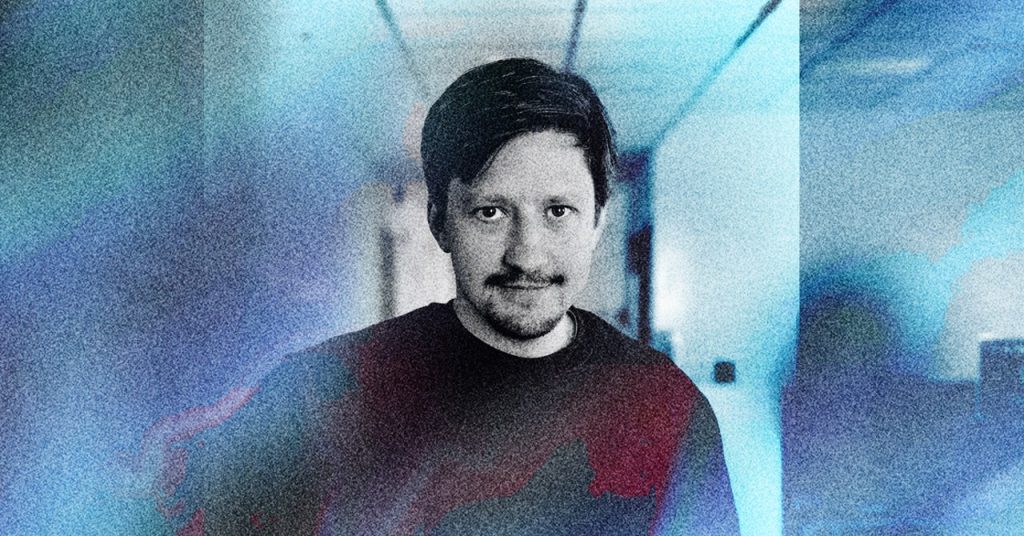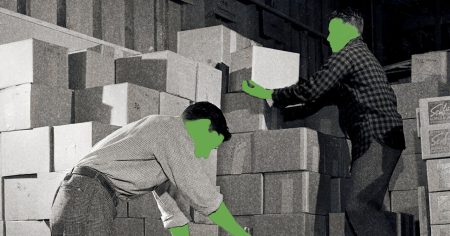Lauren Goode: OK.
Gideon Lichfield: Then they—
Lauren Goode: OK.
Gideon Lichfield: Kick in automatically.
Lauren Goode: OK, so there’s one side of this that sounds a little bit Big Brother, and then there’s another part of me that thinks this is probably how a fully digitized government should work.
Gideon Lichfield: Right. It’s kind of like Steve Jobs used to say about Apple products, “It should just work.”
Lauren Goode: And so, Luukas’ job is to make this all work?
Gideon Lichfield: Well, not his job alone, but he is the guy in charge of overseeing the digital transformation that started about 30 years ago, and continuing to advance it across all the government.
Lauren Goode: Estonia is pretty small though, right? So to ask a question that perhaps a Silicon Valley VC would ask, can it scale? Is this something that the United States could conceivably do?
Gideon Lichfield: Well, that’s what I wanted to talk to Luukas about. Because Estonia is seen as this poster child for digital government, to the point where it’s kind of become a cliché. People say, “Oh, yeah, Estonia.” But good luck trying to replicate what Estonia does anywhere else. I basically wanted to ask Luukas how exportable is the Estonian model. And he seemed to think it wasn’t as unique to Estonia as you might imagine.
Lauren Goode: Well, I can’t wait to hear this.
Gideon Lichfield: And that conversation is coming up right after the break.
[Music]
Gideon Lichfield: Luukas Ilves, welcome to Have a Nice Future.
Luukas Ilves: Thanks, Gideon, it’s a pleasure to be on.
Gideon Lichfield: Are you having a nice future?
Luukas Ilves: I am. Although for me, it’s my present.
Gideon Lichfield: I think most of our listeners probably have heard that Estonia is a pioneer in digital government, but they don’t know much about what that means in practice. So can you briefly talk about the key things that make it a leader?
Luukas Ilves: Sure. I mean, the headline point is really simple, which is just that everything’s digital. There isn’t a government service or an interaction between citizen or business and government that hasn’t been digitized at this point. So everything from the mundane that should be digital at this point in pretty much every country in the world, like filing your taxes, permitting of any kind to—you know, some things that are a bit less digitized in most parts of the world, such as voting, where we’ve been able to vote online since 2004, and in our most recent elections, more than half of people did. And of course beyond just digitizing things, we have a very strong focus on taking advantage of all the sort of, the tools that new tech gives us to constantly make stuff better, whether that’s better from the perspective of transparency and accountability, convenience, or cost effectiveness. So in some ways, I’d say it’s almost unremarkable. We do in government what pretty much everyone in the world everywhere does with digital transformation, which is to find ways to constantly get better at what they’re doing using the technologies of the day.
Read the full article here









